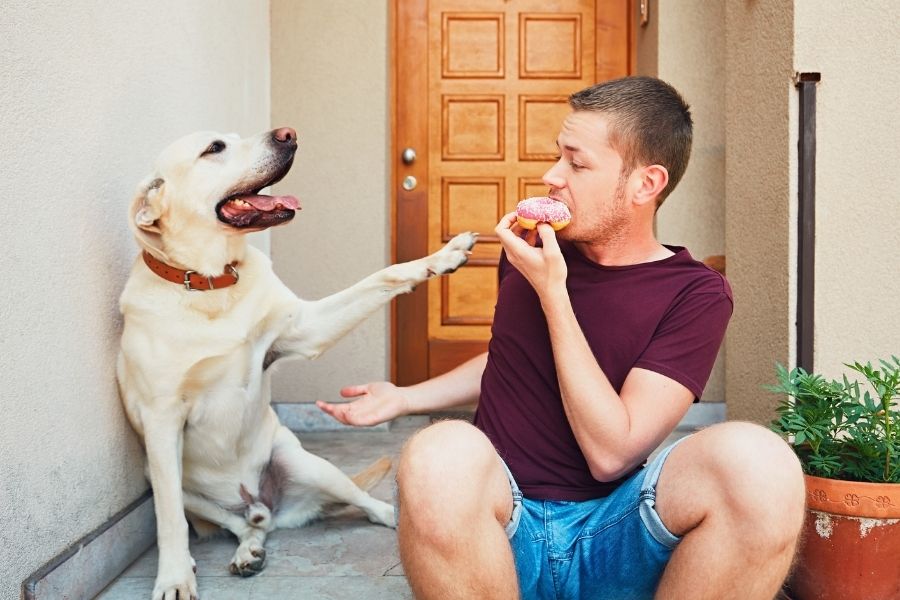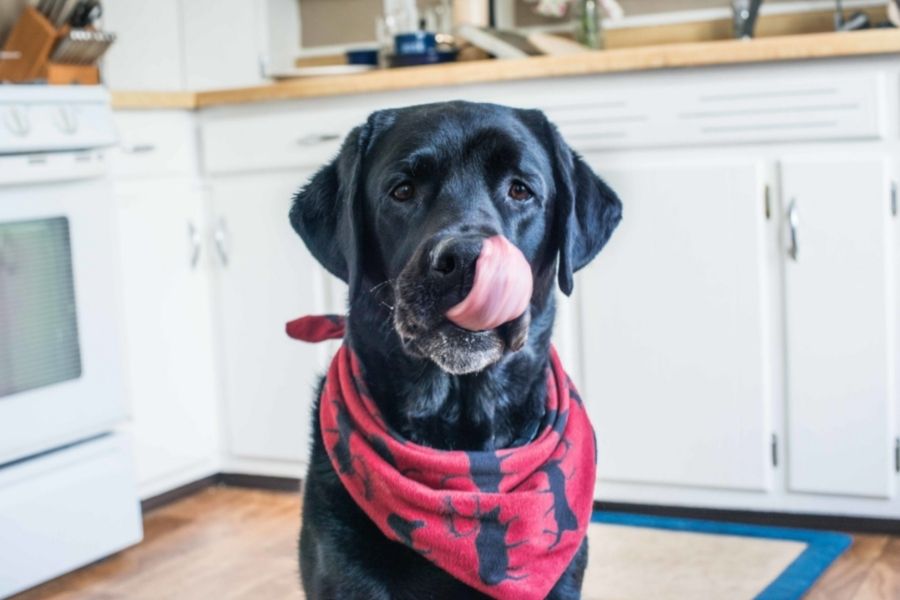Being pet parents, we need to be vigilant and aware of everything. Many kinds of illnesses and diseases can affect our pets. Canine pancreatitis is one of these illnesses that can come suddenly. The symptoms of this disease are also not always easy to spot. As responsible pet parents, we want to inform you about canine pancreatitis and let you know how you can treat and prevent this horrible and potentially life-threatening illness from occurring.
What is Canine Pancreatitis
Canine pancreatitis is also known as inflammation of the pancreas. Inflammation of any body part or organ is not good. In the case of an inflamed pancreas, the enzymes typically released used to break down food are instead breaking down the walls of the pancreas itself. This causes damage to the pancreas, which, if untreated, can be extremely painful and life-threatening.
Canine Pancreatitis Symptoms
There are two types of pancreatitis to look out for as well, acute and chronic pancreatitis. Acute pancreatitis occurs suddenly and can be life-threatening. It comes with no previous evidence of symptoms or conditions. In this instance, immediate medical attention is necessary and can be life-saving. Chronic pancreatitis is gradual in development. It can be minor but can work its way to become severe. In both cases, a visit to the vet is required.
Although there aren’t always clear signs of canine pancreatitis occurring, if you see your dog being uncomfortable, it may indicate that something is not right. Some telling signs of pancreatitis are if your dog has vomited several times, doesn’t have an appetite, and if their back is arched up, or they do not want to get up off the floor. This is a clear message that a visit to the veterinarian is urgent, and testing needs to be done.
What Causes Canine Pancreatitis
A number of things can cause canine pancreatitis. Some of these things can be controlled, while others we have no control of. For something like genetics, we may not be able to do much; however, there are other things that we can control if this is the case. An inflamed pancreas in dogs is usually caused by a high-fat diet and being overweight. If your dog eats anything and everything and gets table scraps frequently, you are exposing your dog to potential issues to their pancreas. Other causes of canine pancreatitis are diabetes, other endocrine diseases, blunt traumas, and some medications or toxins.

Treatments for Canine Pancreatitis
Unfortunately, there is no complete cure for canine pancreatitis. The best treatment is prevention for both your dog and your wallet. If prevention is unsuccessful, then the following steps are pain management and providing comfort if inflammation occurs. The most common form of pain management is medication in various forms, whether with pills, liquids, or intravenous IV fluid therapy. Medication and pain management is uncomfortable and expensive, so be sure to make prevention a priority.
How to Prevent Canine Pancreatitis
Prevention starts with healthy eating and a healthy lifestyle. This is especially important if your dog is predisposed to diseases like canine pancreatitis. Keeping their diets healthy and low in fat will help prevent them from developing inflammation of the pancreas. A consistent diet and not feeding your dog any table scraps can keep your dog healthy and feeling good.
Even though we can’t control things that happen in life, we can protect our pets by being educated and informed about what can make them sick. At Luv My Sitter, we have professional pet sitters who are experienced animal caretakers trained to handle any situation. Check out our services and find out what makes us so great!

